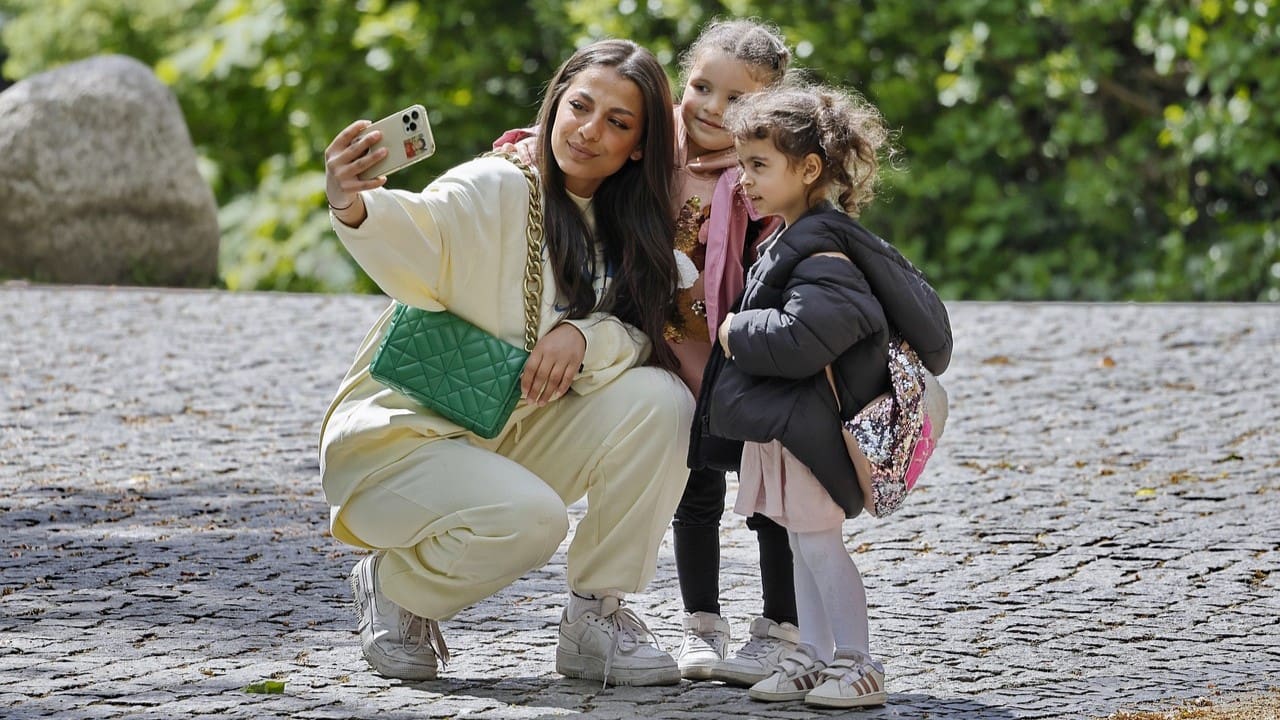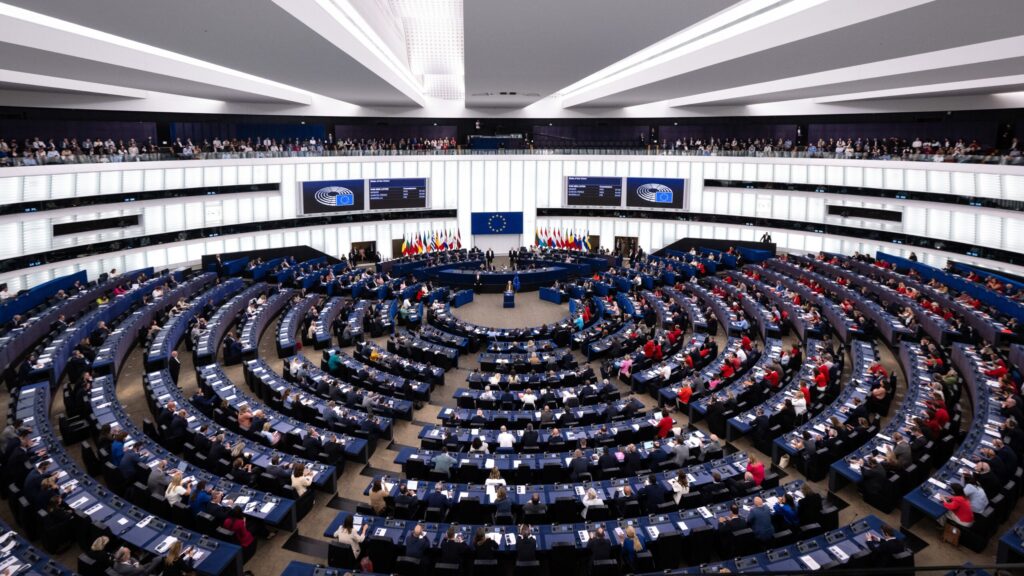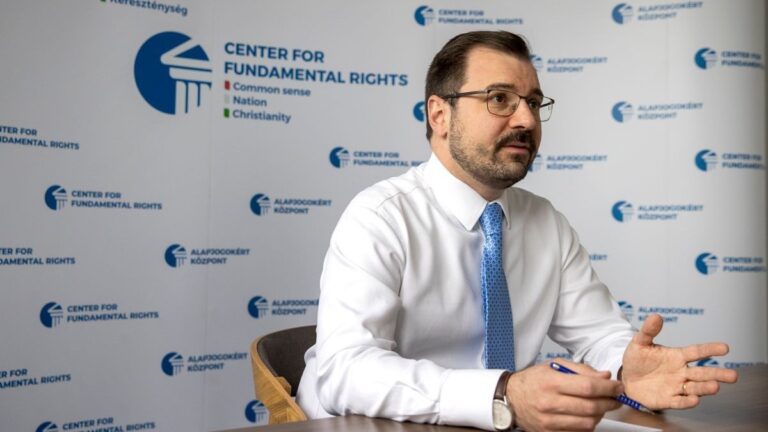Children finding embarrassing photos of themselves on social media platforms, parents who refuse to delete them, and the concerns regarding privacy rights are all part and parcel of a relatively new phenomenon known as sharenting.
The development of technology and the emergence of the digital world have presented new challenges to both domestic and international legal regulations. Social media platforms enable people to share their thoughts and memories, but sometimes they do so by overstepping certain boundaries. Thus The emergence of digital rights transformed the approach to some fundamental rights, including personal data and privacy rights.
The parents of an Austrian woman clearly crossed that imaginary line when they posted more than 500 embarrassing childhood photos of her on Facebook—without her consent. The woman found the pictures so mortifying that she sued her parents, and demanded the removal of all of the images.
This incident highlights, among others, that the relationship between parents and children, regardless of the age of those involved, is and should also be regulated not just by common sense, but by laws as well. Legislative bodies have for quite some time now paid special attention to the protection of children, and have tried to create rules that served their best interest. Occasionally, those rules may defend the children from their own parents. Although parents usually act in a manner which they think is the best for their children, it should be recognized that every so often they can make decisions that may have harmful consequences on and that may violate the rights of the children involved.
This is no different when it comes to posting on the internet.
Children are extremely vulnerable on social media platforms.
Their privacy rights, especially their rights to the protection of their image can be infringed upon in many ways, and as a consequence, their digital footprint can begin to form even before they could make an informed decision about whether they want to appear on the internet at all, or on any online platform, and if they want to do so, in what form and to what extent. In fact, the information that gets out on the World Wide Web will most likely stay there forever, which in the case of children may mean that an undeletable online presence may be created against their will. As a result, a new phenomenon has been identified in recent years amongst those involving content published without consent. Sharenting, a portmanteau of sharing and parenting, refers to the practice of parents (or even grandparents) regularly sharing photos and information about their (grand)children on social media platforms. Some prefer to use the term oversharenting, highlighting that issues concerning the infringement of the privacy rights of children are not necessarily linked to the fact that parents post content about their loved ones on these platforms, but that they do it in an excessive and arbitrary way, which crosses a line.
By posting on social media platforms, the content becomes potentially reachable by hundreds of thousands of people, which raises various red flags. For example, parents may inadvertently share sensitive information about their children or photos that could be exploited by malicious actors. Children may grow up to find their entire childhoods documented online without their consent. Sharenting can also affect a child’s self-esteem or sense of identity since they can feel uncomfortable or embarrassed by the oversharing of personal details, or photos from their childhood they would have never wanted to be viewed by strangers. Although policymakers are increasingly exploring ways to enhance privacy protections for children, online child pornography and sexual exploitation abound. Parents need to find a balance, exercise caution and mindfulness when sharing pictures and information about their children.
Several European countries have recognized the seriousness of the issue. In France, a proposal has been submitted according to which, as parental supervision also includes the protection of the child’s privacy, in extreme cases courts would be allowed to partially suspend parental custody if the child’s privacy rights ae violated. In 2020, a Dutch grandma was ordered by the court to delete pictures of her grandchildren uploaded to Facebook and Pinterest. The ruling was especially interesting because the court established that the GDPR regulation—which usually does not cover data processing for personal purposes—applies to the case, as the publication of the photos on Facebook made it possible for a much wider audience to view them it was originally intended.
In today’s fast-changing digital world it is immensely important to protect children and make sure they are kept safe in the online space. Hopefully, in the near future, more and more countries will recognize that special regulations tackling the anomalies of sharenting are needed to enhance legal certainty and protect the online identity of children.







